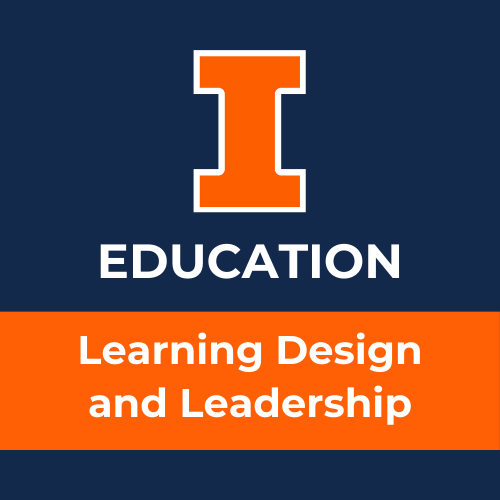Learn to create engaging learning environments, integrate the latest education technologies, and put artificial intelligence to work to support teaching and learning. Develop e-learning ecologies to enhance your own and others’ ways of teaching and learning. Address the challenges of differentiating learning and instructional design to meet the needs of diverse learners. LDL encourages you to be an active designer of your own knowledge, focusing on your particular interest selected from a wide range of potential pathways in the learning professions.
This is a highly collaborative and interactive program. You will meet and learn from peers working across a wide range of disciplines and areas of interest. Deepen your knowledge and share your expertise. Discover and prepare yourself for new career pathways. Build a portfolio of projects and publications that can be shared with potential employers.
Who Should Apply?
- Early childhood, elementary/primary and secondary school teachers
- P-16 Administrators
- College and university instructors
- Online education developers and teachers
- Artificial intelligence and machine learning practitioners
- User experience developers
- Workplace training and development professionals
- Instructional designers and curriculum developers
- Designers of informal online, software-embedded, and on-the-fly learning solutions and environments
- Educational technology professionals
- Leaders in learning organizations
- Mentors and learning leaders in communities of practice
- Subject matter experts from any discipline
- Museum educators
- Non-Profit leaders and learning professions
Read experiences of College of Education online students and alumni on the College’s Online Experiences page.
Apply Here
View our application deadlines and Apply Here
Contact
For further information, contact the LDL program and dissertation advisor, Dr Kara Francis <kstucki@illinois.edu>
Generative AI Breakthrough
We are pleased to announce a breakthrough in the use of Generative AI, calibrated to align closely with the disciplinary context of students and able to offer rich, immediately accessible formative feedback.
This has been achieved in a new version of our Generative AI application, CGMap, launched in our classes today. CGMap offers detailed, closely targeted feedback to learners in ways that are more relevant and specific than the unstructured and unfiltered use of AI in publicly accessible Generative AI interfaces such as OpenAI or Gemini.
One year since our first launch of CGMap, 351 graduate students in 15 masters and doctoral courses in the Learning Design and Leadership Program and the College of Education at Illinois have benefited from engaging with AI reviews in their required tasks. This has been achieved by combining AI and peer review. All AI review feedback is critically moderated with human review. This is a technology innovation grounded in sound educational values and cyber-social collaboration.
- More here. (And apologies if this link is slow – please be patient. With more than 350,000 accounts, CGScholar is groaning from over-use. We’re building an all-new, fully AI-featured CGScholar, coming soon.)
- Also this news story: How to Reap the Benefits of Generative AI in Education—While Avoiding the Pitfalls
